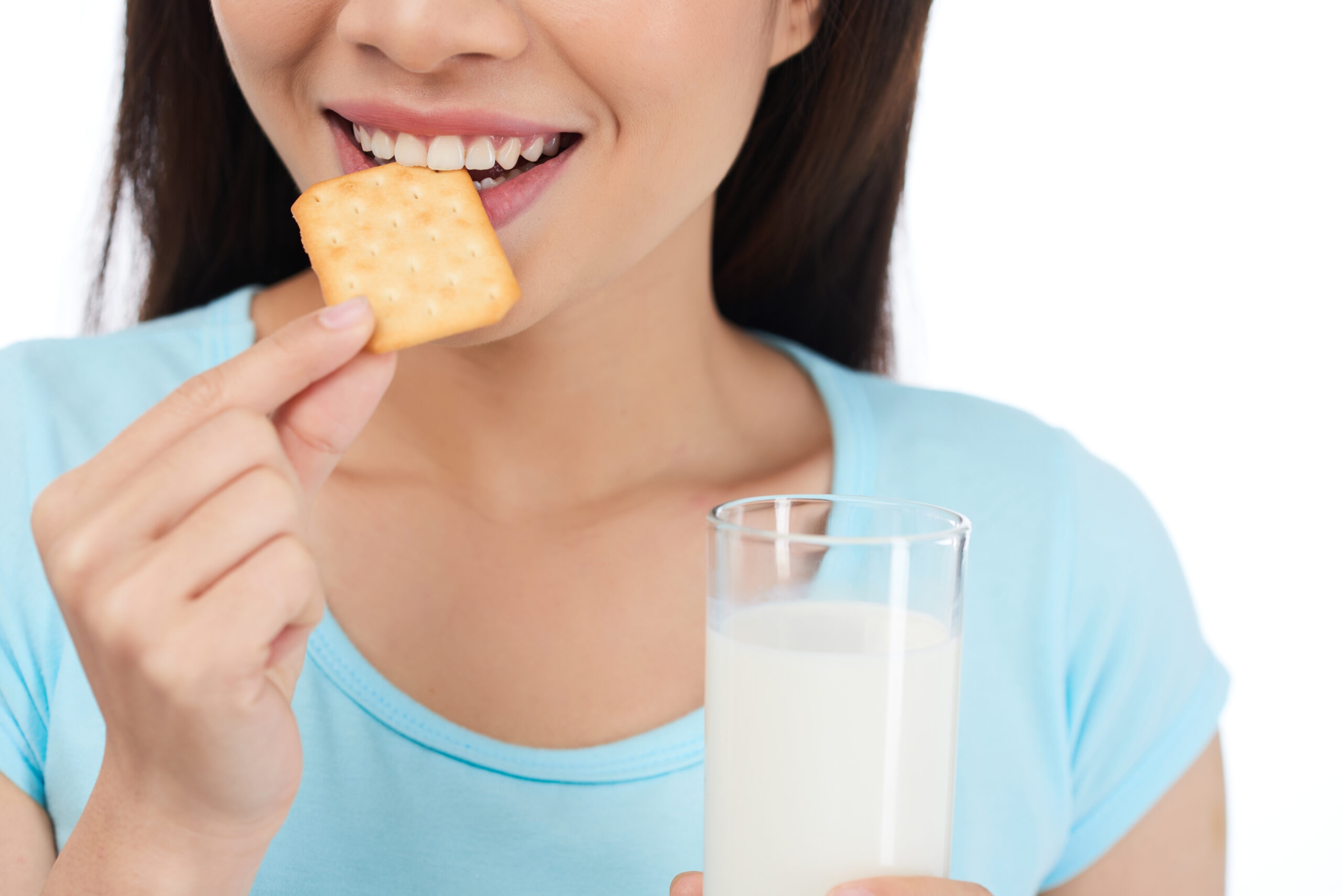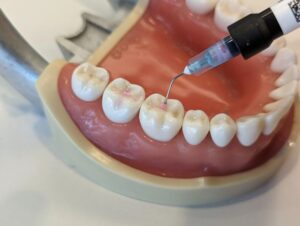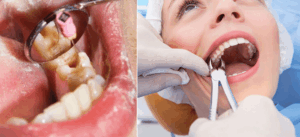Getting a dental implant is a significant step toward improved oral health, but proper recovery is crucial to its success. Your dentist in West Hollywood will likely recommend avoiding dairy products during the healing process. This guide explains why dairy can interfere with healing and what alternatives work better. We’ll cover how dairy affects recovery, infection risks, and the best nutrition choices to help your implant heal properly.
Impact of Dairy on the Healing Process
Dairy products can slow down your healing after oral surgery. The proteins in dairy, like casein and whey, are hard for your body to process when you’re recovering from surgery. This can cause swelling and stomach issues, making healing more difficult. Many dairy products also contain sugar, which feeds bad bacteria in your mouth. These bacteria can cause infections around your new implant. You can still get calcium from other foods, such as leafy greens, almonds, and plant-based milk that has been fortified. These options help your bones stay strong without causing problems during recovery.
Risk of Infection From Dairy Products
Dairy products can increase your risk of infection after implant surgery. The sugar in many dairy products feeds harmful bacteria in your mouth, allowing them to grow faster. This is especially dangerous during the first few weeks after surgery when your mouth is still healing. Bacteria love to feed on sugars, and when they multiply, they can cause serious infections around your implant site. An infection can cause your implant to fail, necessitating additional treatment. To stay safe, avoid dairy products that contain added sugars. Choose foods that help your mouth heal instead of creating problems. Keeping bacteria under control is one of the most important parts of successful implant recovery.
Importance of Proper Nutrition Post-Implant
Good nutrition helps your cosmetic dental treatment heal properly and become strong and stable. Your body needs protein, vitamins, and minerals to fix damaged tissue and fight off infections. Protein from foods like lean meat, fish, eggs, and beans helps rebuild tissue around your implant. Fruits and vegetables rich in vitamins, such as berries, oranges, leafy greens, and bell peppers, can help boost your immune system and reduce inflammation. Minerals like calcium and phosphorus found in almonds, broccoli, and tofu help keep your bones healthy and aid in the proper attachment of your implant. Eating a balanced diet rich in all these nutrients gives your body the best chance to heal quickly and effectively.
Alternatives to Dairy for Oral Health
You can get calcium and other important nutrients without eating dairy products. Here are some good alternatives that support oral health:
- Leafy Greens: Spinach, kale, and collard greens contain lots of calcium
- Sardines: These small fish have both calcium and vitamin D
- Almonds: A great source of calcium that’s easy to eat
- Fortified Foods: Plant-based milks and cereals with added calcium
- Broccoli: Provides calcium plus vitamin C for healthy gums
These foods provide the necessary nutrition without the issues that dairy can cause during recovery.
Strategies for Faster Recovery Without Dairy
You can speed up your recovery by choosing the right calcium-rich foods instead of dairy. Calcium helps your bones heal and supports the area around your implant. Try fortified plant-based milk like almond, soy, or oat milk, which has as much calcium as regular milk. Add green vegetables like kale, broccoli, and bok choy to your meals for a natural source of calcium. Fortified orange juice, tofu, and almonds are also excellent choices. Getting enough calcium from these healthy alternatives helps your implant heal faster and become stronger. Focus on incorporating these foods into your diet regularly to provide your body with optimal support during recovery.
Related Topics:






